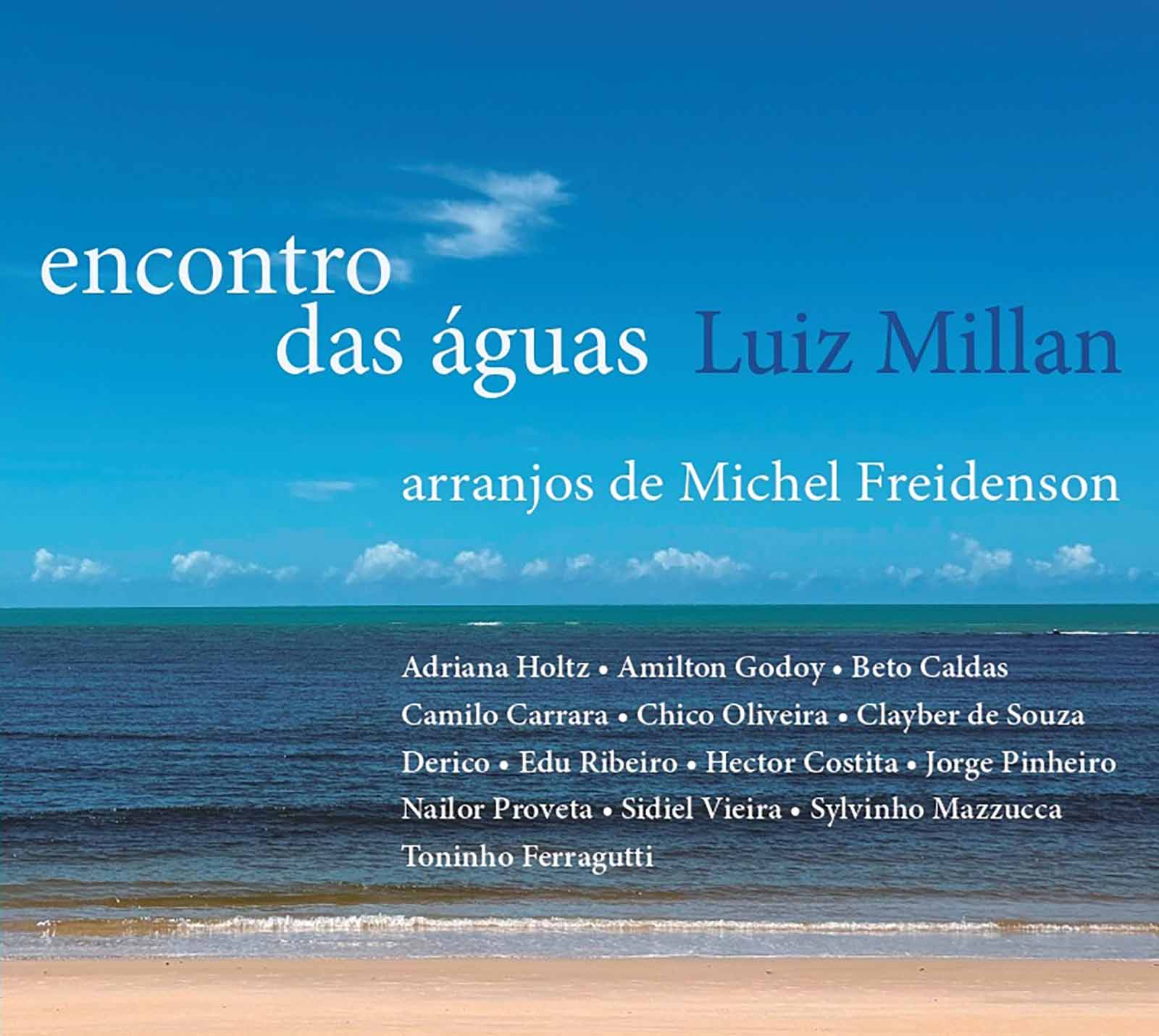| Latin Jazz |

Luiz Millan and the Eternal Reinvention of Brazilian Jazz
Brazilian music has long operated by its own rules, its own cadences, its own codes of beauty, and its own constellation of stars. It is a tradition that resists easy categorization, straddling worlds that are at once folk, classical, and contemporary, with jazz as both a mirror and an engine of transformation. Out of this rich cultural soil emerges Luiz Millan, a São Paulo–born composer, pianist, guitarist, and poet whose latest work, Brazilian Match, is being hailed as a turning point not only in his own career but in the continuing story of Brazilian music itself.
To grasp Millan’s importance, one must first appreciate Brazil’s singular role in shaping the global imagination of jazz. When Antônio Carlos Jobim and João Gilberto, alongside the young Stan Getz, ignited the bossa nova craze in the early 1960s, they redefined the very sound of cool. From smoky New York clubs to European concert halls, their music made subtle rhythms and understated lyricism as alluring as bebop had been incendiary. Later, artists like Edu Lobo, Ivan Lins, Chico Buarque, and Marcos Valle built on that foundation, merging Brazilian songcraft with modern jazz harmony and political urgency.
Millan situates himself within that continuum. “He is the most remarkable singer-songwriter working in Brazil today,” says musicologist Douglas Payne. “A unique master of melody and poetry. Brazilian Match should mark a decisive turning point in his career.”
Millan’s work does not imitate the past but converses with it, borrowing from tradition, yes, but also reshaping it with a contemporary ear attuned to both the rigor of classical form and the improvisational openness of jazz.
Born in São Paulo, Millan studied classical piano and acoustic guitar as a teenager. That grounding in counterpoint and harmonic discipline has never left him. What distinguishes his music is precisely this sense of balance: each note feels weighed, each gesture measured. Beneath the apparent lightness of his songs lies a strict architecture, an adherence to rules that transform melody into something closer to storytelling.
Producer Arnaldo DeSouteiro, who has collaborated with titans from Jobim and Bonfá to Deodato and João Donato, describes Millan as “an artist of many facets. A great melodist, an exceptional poet, a fabulous storyteller, a creator of magnificent soundscapes. He handles notes the way a painter handles colors.”
On Brazilian Match, this painterly quality is most evident in “Contraponto,” a piece that reflects Millan’s classical training while weaving in elements of folk and the harmonic richness of jazz. The title itself, meaning “counterpoint”, speaks to the way Millan thinks about music not as a single voice but as interwoven lines, each carrying history yet converging in the present moment.
Other works on the album radiate a more dramatic intensity. Encontro Das Águas (“The Meeting of the Waters”) is a meditation on convergence, an evocation of river currents that refuse to merge completely, echoing the eternal dialogue between tradition and innovation, melody and rhythm, folk memory and modern reinvention. The piece recalls, in its emotional weight, the music of Astor Piazzolla. Like Piazzolla, Millan transforms the idioms of his homeland into a personal language, simultaneously intimate and universal.
What sets Millan apart is not only his technical mastery but his intellectual depth. He composes as if in dialogue with history, absorbing bossa nova, classical counterpoint, jazz voicings, and popular song into a single expressive fabric. Contemporary critic Sérgio Martins recently noted in Veja magazine that “Millan represents a lineage of Brazilian artists who refuse the easy nostalgia of bossa nova. His music is demanding, but its elegance makes it irresistible.”
That elegance is no accident. It stems from Millan’s insistence on craft: harmony shaped by discipline; melody guided by poetry. As with Jobim or Bonfá, one hears in his music not only Brazil but a cosmopolitan spirit that belongs to the world.
For those who wish to see the full measure of Millan’s artistry, Brazilian Match should be paired with his earlier album Brazilian March. The two form a diptych of sorts, distinct in sound, yet deeply connected. Together, they reveal a composer firmly anchored in the 21st century, yet carrying forward the noblest traditions of Brazilian culture.
In a world where Brazilian music has often been reduced to background exotica, Millan insists on its depth, rigor, and expressive range. He reminds us that this is not merely the music of beaches and breezes, but of ideas, histories, and unyielding craft. And in doing so, he writes the next chapter in the ongoing story of how Brazil has shaped, and continues to shape, the sound of modern jazz.
Thierry De Clemensat
Member at Jazz Journalists Association
USA correspondent for Paris-Move and ABS magazine
Editor in chief – Bayou Blue Radio, Bayou Blue News
PARIS-MOVE, October 2nd 2025
Follow PARIS-MOVE on X
::::::::::::::::::::::::
Musician : Luiz Millan – Composer, pianist
Arrangements : Michel Friedenson
Track Listing :
Lembrança Das Teclas
Marília
Menino Danado
Velejar
Contraponto
Caminho Da Mata
Sincopado
Encontro Das Águas
Cinema Mudo
Samba Teimoso
Ainda É Cedo
Serelepe
Samba Para Tom E Vinícius
Soft Fox

